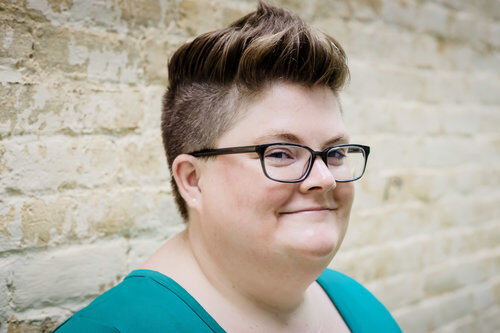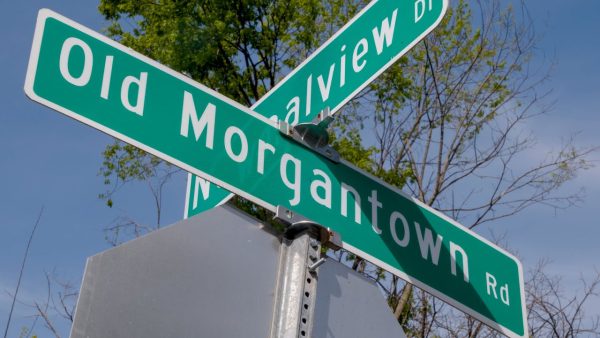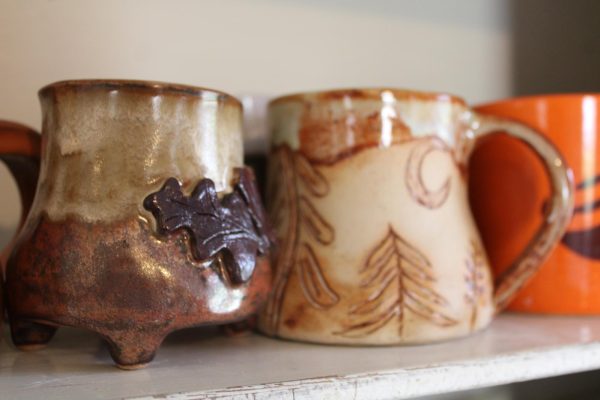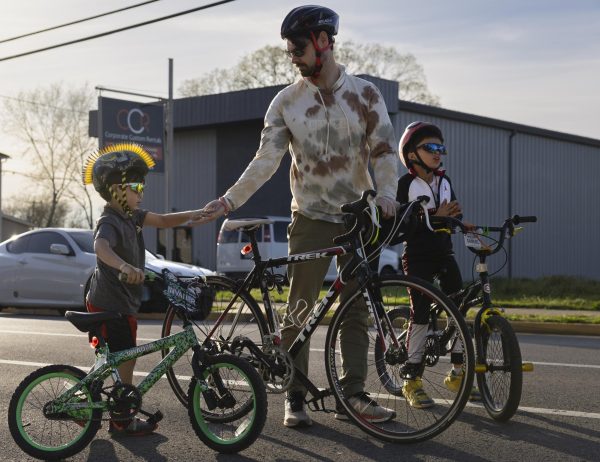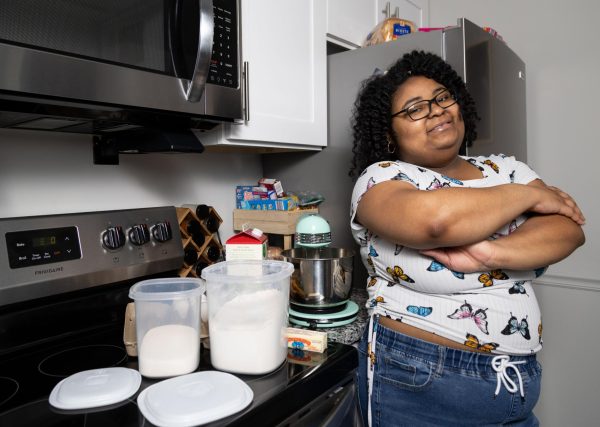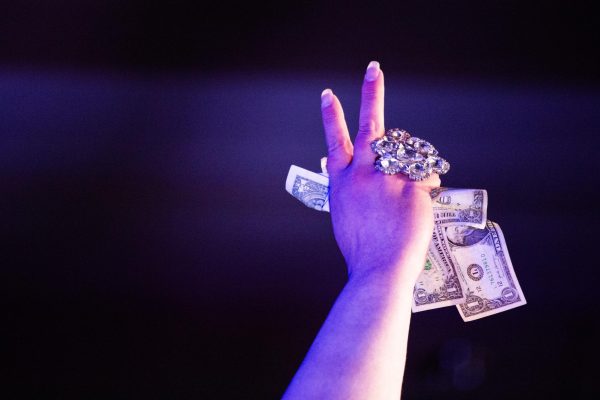Kentucky poet visits English class for a virtual poetry reading
September 21, 2020
WKU Alum and Kentucky poet Savannah Sipple returned to campus Monday to read a selection of poems to an American poetry class.
The poems were from her book titled What Would Jesus Do and Other Poems. Sipple is from Eastern Kentucky and considers herself to have grown up an evangelical Christian, which is a topic her book heavily explores.
Sipple’s book is a collection of poems surrounding what it was like to grow up a member of the LGBTQ community in Appalachia. She highlights the everyday struggles she faced growing up as a lesbian, noting that her religious background was a large part of this struggle.
Her poems are split up into three sections: the experience of being “in the closet,” coming out to her family and friends and grappling with her strong ties to evangelical Christianity as a lesbian. Each section is meant to represent a different stage of the coming out process.
The book follows this outline chronologically, focusing on her experiences as a high schooler to her early 30s.
Sipple’s poems have distinct and literal titles such as “A List of Times I Thought I was Gay,” “Jesus and I are on a Break,” and “A Love Letter to the Boys in the First Class I Ever Taught,” to name a few. She focused on a specific poem in her book that is laid out like a bingo board, featuring many of the phrases and words that are often used in evangelical culture.
“I had a lot of rage, and a lot of the poems I was writing just weren’t working,” Sipple said. “I was playing around with the duality of language and the different ways poetry can look on a page.”
Then, the idea of a bingo board popped in her head.
This poem sparked many students’ interests, as its set up is so unique. She also talked about her biggest poetic influences, including Audre Lorde, Adrienne Rich, Langston Hughes, James Baldwin and the late Mary Ellen Miller, a former faculty member at WKU.
Finally, Sipple spoke about a brief period in her life when she felt she had to pull away from religion entirely. Her poems in the third and final section of the book highlight this experience the deepest, specifically the poem “Jesus and I are on a Break.”
“How do you come to terms with a faith that has taught you your whole life that you were wrong?” said Sipple, “In my personal process, I needed to walk away and examine my beliefs fully.”
Sipple was open and honest about her difficult experiences, making the conversation an in depth moment of vulnerability regarding an often neglected topic.
Liza Rash can be reached at 270-745-6291 and liza.rash282@topper. wku.edu. Follow Liza on social media at @l1za_.

